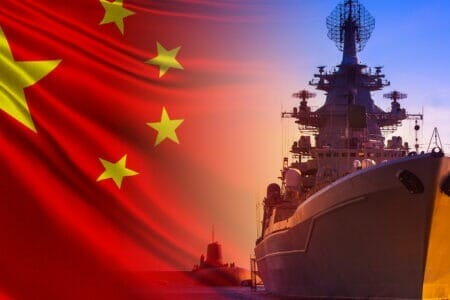
Enforcing Alliances: Containing China in East Asia
China has accrued formidable economic power, and is now beginning to channel greater quantities of that power into military modernization. Its primary purpose is overseas force projection in a great arc ranging from the Sea of Japan to the Indian Ocean. Asia’s Pacific rim states have become a primary target for incorporation into a China-centered world system that aims to exclude American influence.
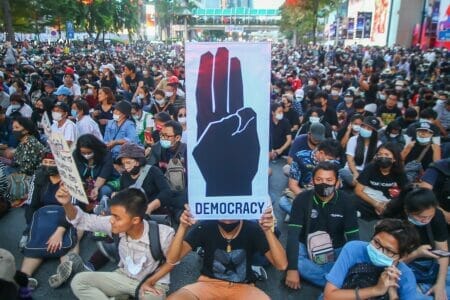
Structure and Agency in Thai Military Politics
Thailand’s current protests have dragged a pleasure-seeking monarch away from his Bavarian retreat and into the heart of national politics as he stumblingly ventures out of royal compounds for selfies and overexuberant adoration from bused in crowds. Thus far, hard power has not been fully deployed against the demonstrators and the military’s role in all this remains unclear. The military must be brought under more coherent leadership before Thai praetorian...
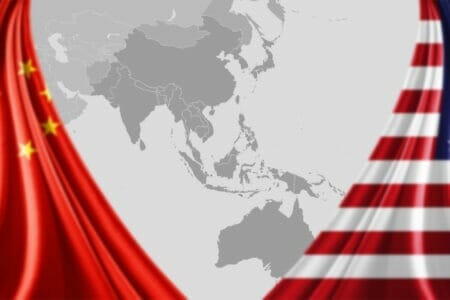
Beyond Trump: A Political Economy of American Power in the Asia-Pacific
Private corporations and public institutions in the US have pursued fairly consistent policy-level linkages with Asian-Pacific nations that seek to preserve American geostrategic dominance in this highly important area. Institutional power thus limits the impact of political change.

Thongchai Winichakul and the Chronopolitics of Memory in Contemporary Thailand
At first glance, the Thai monarchy’s deceptions, manipulations, and silence appear far less fragile than the good silences recounted in Thongchai’s text. Crudely put, monarchic silence is motivated by self-preservation. It continues to deploy an extensive panoply of coercive and cultural power to protect its privileges, albeit to declining effect.
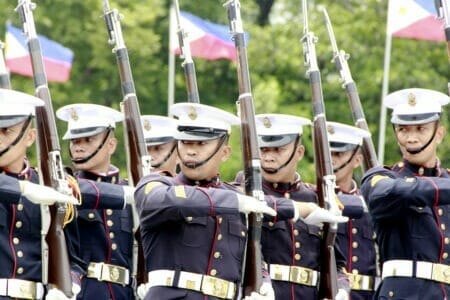
Militaries in Politics: Thailand and the Philippines
Mesrob Vartavarian discusses the history of the militaries of both Thailand and the Philippines and explains how they became so deeply involved in their country's politics.
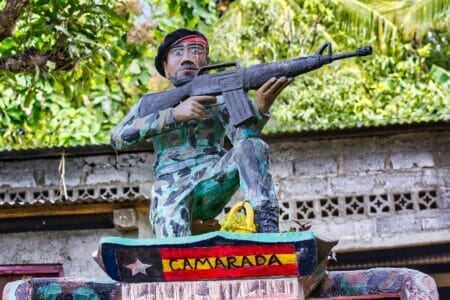
Militias and Democratization in Southeast Asia
Militias have contributed to the making of illiberal societies and the militarization of subaltern social groups. If democracies are to truly thrive in Southeast Asia, they must do so without militias.
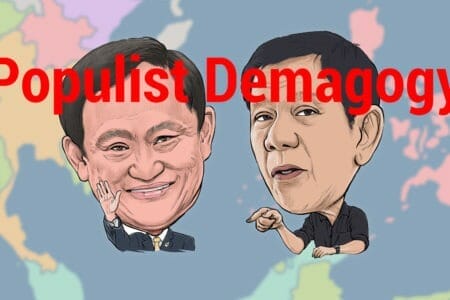
Mesrob Vartavarian on Demagogy in Southeast Asia: Thaksin and Duterte Compared
Thaksin and Duterte are leading examples of Populist Demagogy in Southeast Asia. Yet, they have both faced embedded elite interests that have mounted formidable defences of their privileges. This has curtailed populist inroads into established power networks.
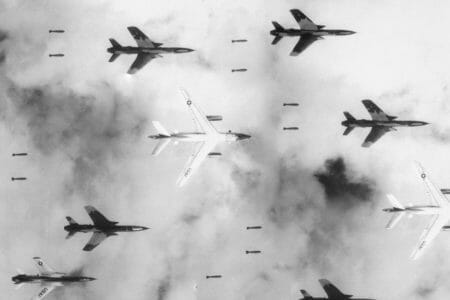
Mesrob Vartavarian on America’s Cold Wars in Southeast Asia
In many respects, if we want to understand Southeast Asia's current state, we need to understand its past Cold Wars. Then we will see the United States was ultimately far more successful in pursuing its Cold War objectives in Southeast Asia than is generally thought.
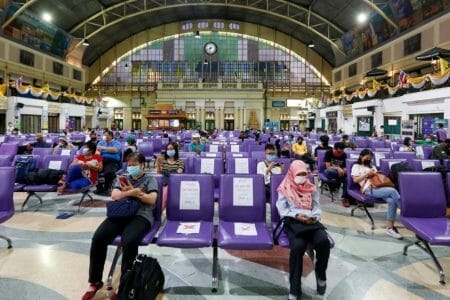
Contagion and the Thai State
Now, more than ever, Thailand needs free-flowing credible information, vigorous popular input into the policy-making process, and grassroots organisations to implement public health directives. Human resources need to be mobilised in a national effort to stave off disaster.

Siam Patched: A Potential Solution to Thailand’s Current Political Impasse
The royalist establishment must allow reformist elements in civil society to take part in the governing process without fear. If not, they risk more later.

